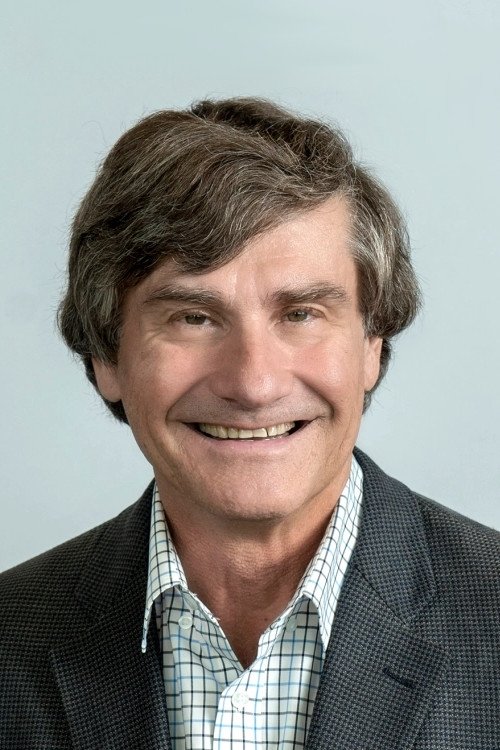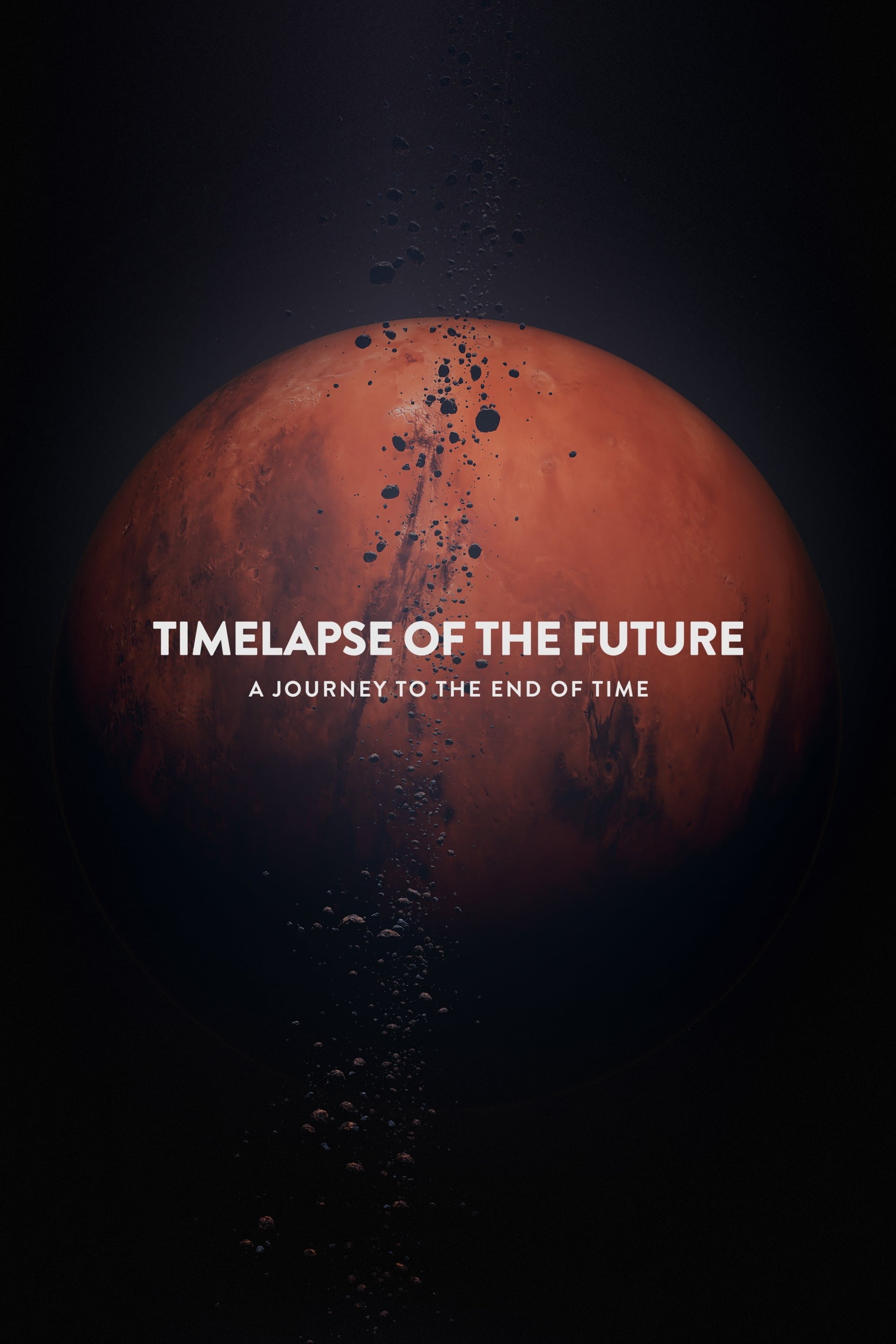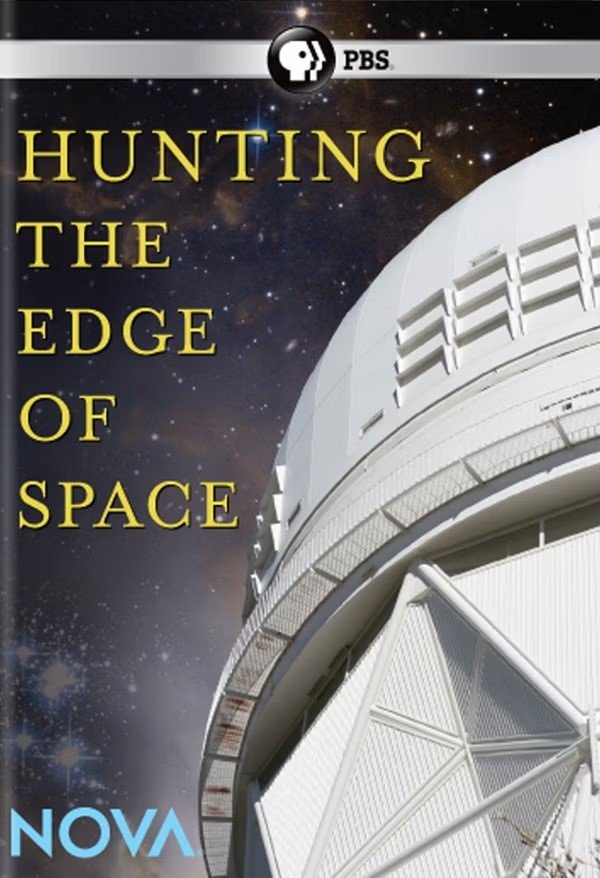

How's it all gonna end? This experience takes us on a journey to the end of time, trillions of years into the future, to discover what the fate of our planet and our universe may ultimately be. We start in 2019 and travel exponentially through time, witnessing the future of Earth, the death of the sun, the end of all stars, proton decay, zombie galaxies, possible future civilizations, exploding black holes, the effects of dark energy, alternate universes, the final fate of the cosmos - to name a few.

In this two-hour special, NOVA examines how a simple instrument, the telescope, has fundamentally changed our understanding of our place in the universe. What began as a curiosity - two spectacle lenses held a foot apart - ultimately revolutionized human thought across science, philosophy, and religion. "Hunting the Edge of Space" takes viewers on a global adventure of discovery, dramatizing the innovations in technology and the achievements in science that have marked the rich history of the telescope.
Alexei Vladimir "Alex" Filippenko is an American astrophysicist and professor of astronomy at the University of California, Berkeley. Filippenko graduated from Dos Pueblos High School in Goleta, California. He received a Bachelor of Arts in physics from the University of California, Santa Barbara in 1979 and a Ph.D. in astronomy from the California Institute of Technology in 1984, where he was a Hertz Foundation Fellow. He was a postdoctoral Miller Fellow at Berkeley from 1984 to 1986 and was appointed to Berkeley's faculty in 1986. In 1996 and 2005, he was a Miller Research Professor, and he is currently a Senior Miller Fellow. His research focuses on supernovae and active galaxies at optical, ultraviolet, and near-infrared wavelengths, as well as on black holes, gamma-ray bursts, and the expansion of the Universe.
By browsing this website, you accept our cookies policy.